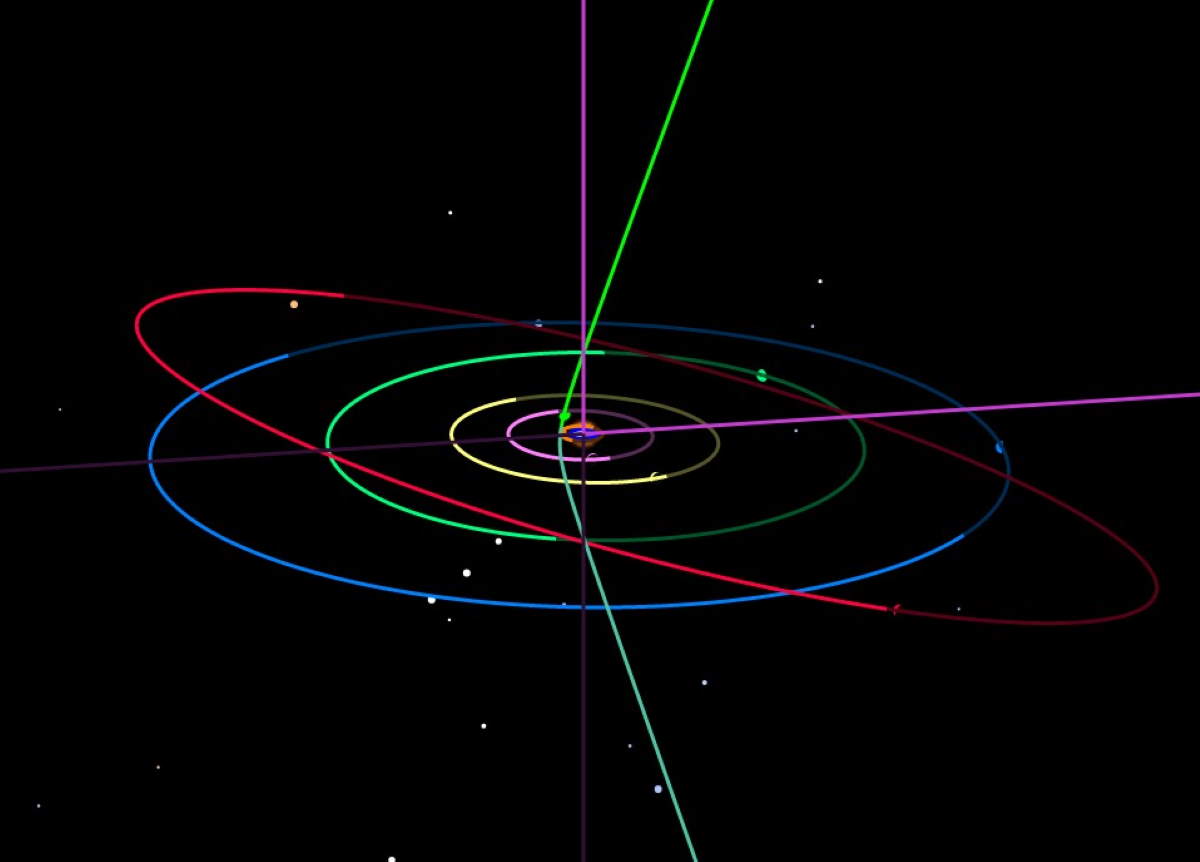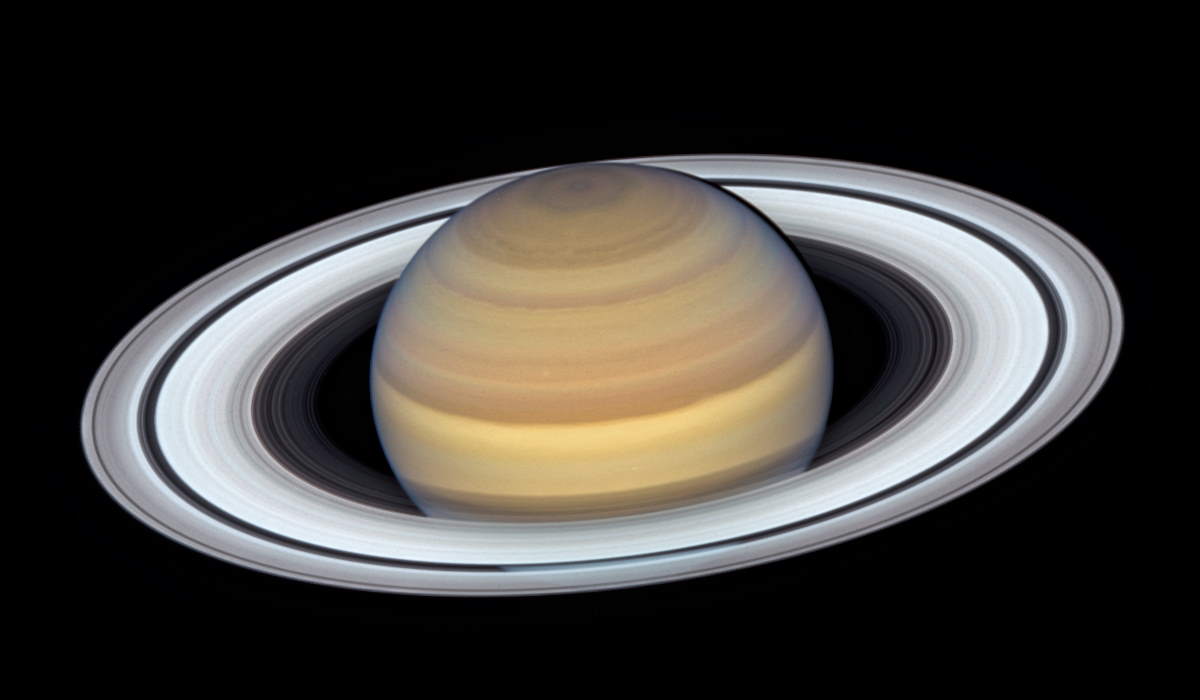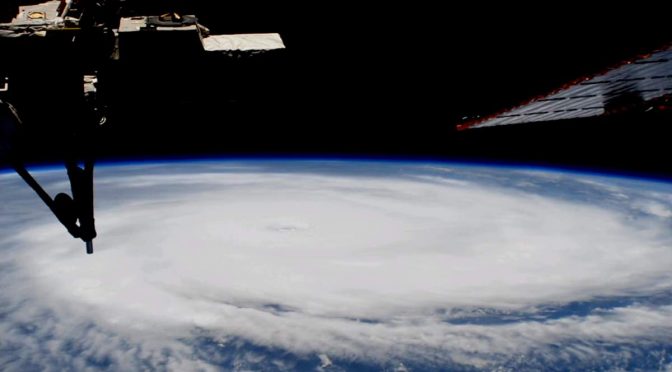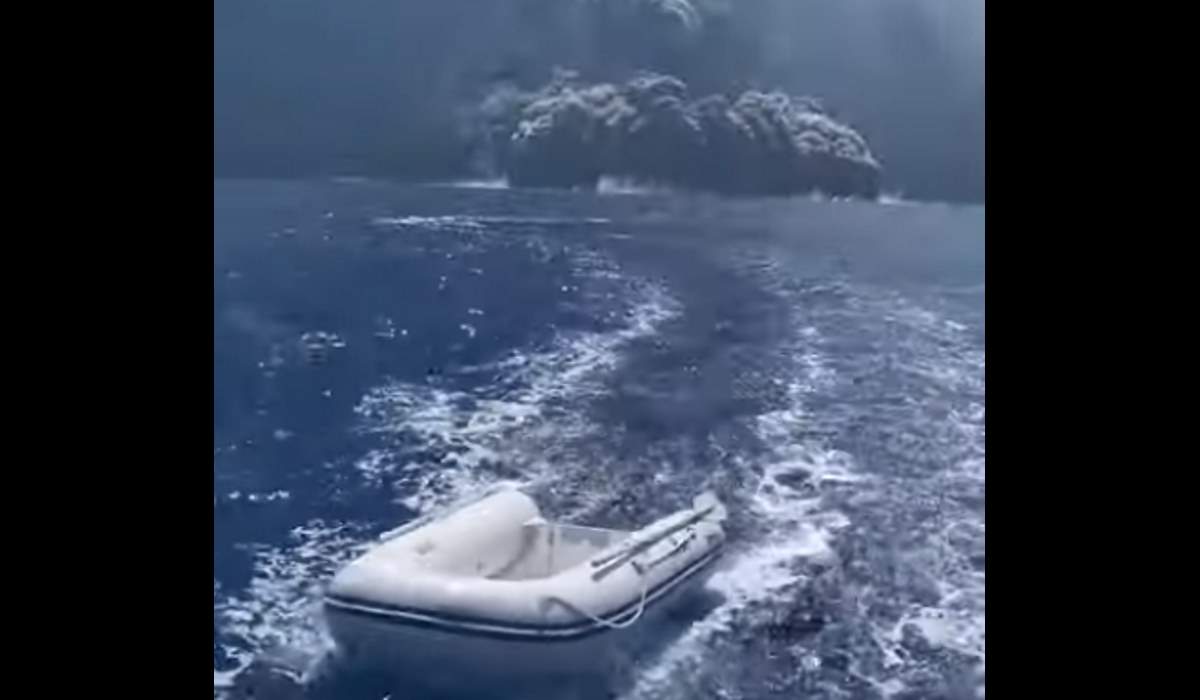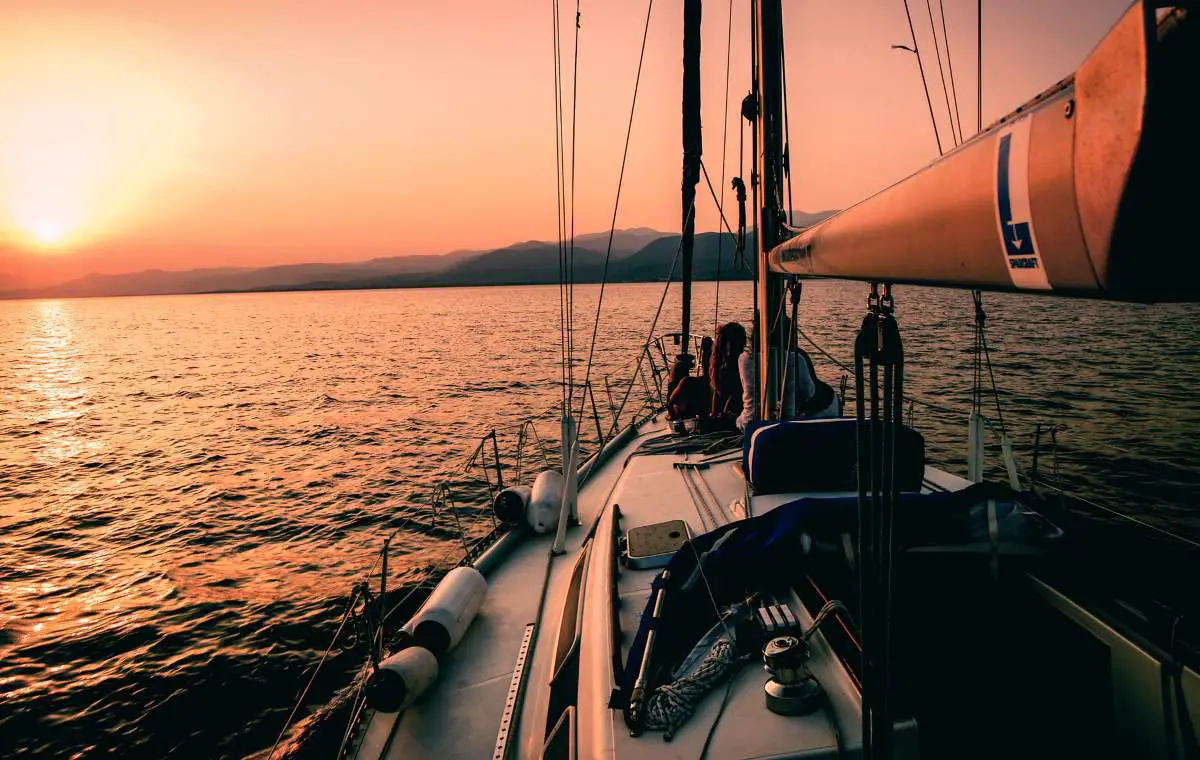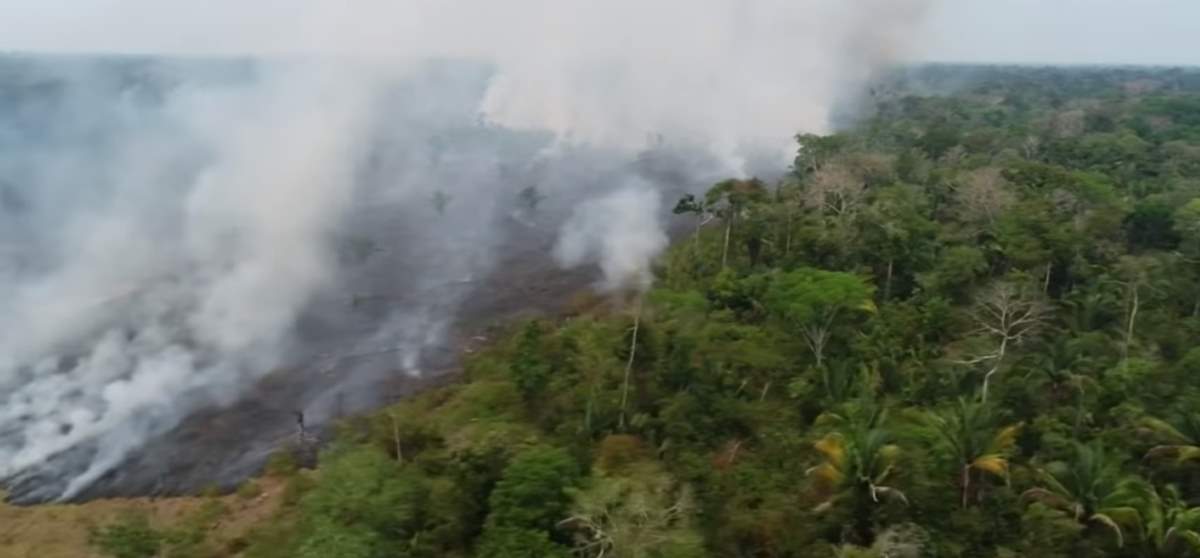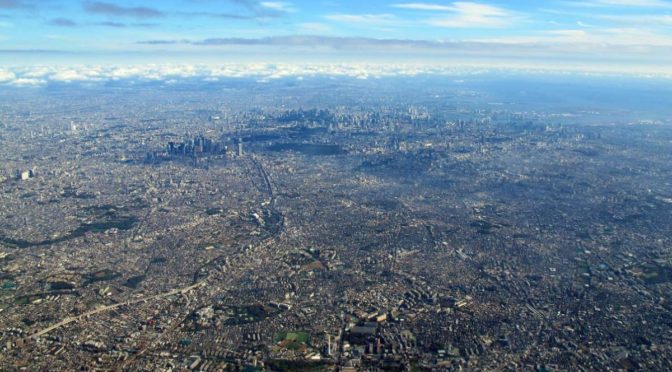After ʻOumuamua, now we are likely to have another interstellar visitor beyond our solar system: comet C/2019 Q4 (Borisov). So the interstellar objects entering the solar system may not be rare at all.
Continue reading “Comet C/2019 Q4 Borisov [our new interstellar visitor]”Hubble’s latest portrait of Saturn and its rings
On June 20, 2019, Hubble Space Telescope snapped this beautiful portrait of Saturn and its rings at the ringed planet’s closest approach to Earth. The image was published on September 12, 2019.
Continue reading “Hubble’s latest portrait of Saturn and its rings”20 Amazing Hurricane Facts
Hurricanes are very powerful tropical storms (also known as tropical cyclones). When a tropical storm’s maximum sustained winds reach 74 mph (119 km/h), it is called a hurricane.
Hurricane is actually the name of a tropical cyclone that occurs in the Atlantic Ocean and the northeastern Pacific Ocean. In the northwestern Pacific Ocean; in the south Pacific or the Indian Ocean, for example, hurricanes are usually known as typhoons.
Hurricanes get classified by their sustained wind speed. The Saffir–Simpson hurricane wind scale (SSHWS) is a 1 to 5 rating based on a hurricane’s sustained wind speed. This scale estimates potential property damage.
Hurricanes reaching Category 3 and higher are considered major hurricanes because of their potential for significant loss of life and damage. Category 1 and 2 storms are still dangerous, however, and require preventative measures.
Here are 20 amazing hurricane facts.
Continue reading “20 Amazing Hurricane Facts”Why synthetic chemicals seem more toxic than natural ones
Many people believe that chemicals, particularly the man-made ones, are highly dangerous. After all, more than 80,000 chemicals have been synthesised for commercial use in the United States, and many have been released into the environment without proper safety testing. Should we be afraid of the synthetic chemicals that permeate our world?
Continue reading “Why synthetic chemicals seem more toxic than natural ones”Amazing footage shows a boat speeding away as the Stromboli volcano erupts
On August 28, Stromboli volcano in Italy woke up a second time this summer. Tourists decided to ride a boat near the erupting volcano – but the journey turned out to be “fun”: they had to escape from the wave of pyroclastic flow. The eruption did not lead to casualties and destruction, but the tourists got really scared.
In fact, it was a really dangerous act. The pyroclastic flow is what makes composite volcanoes like Stromboli so deadly.
Continue reading “Amazing footage shows a boat speeding away as the Stromboli volcano erupts”Could Renewable Energy Save Our Planet?
Climate change and the future of our planet are increasingly concerning topics, but tackling the issue of preserving the environment can seem overwhelming to any one person. However, we all have the capability to help prevent the effects of climate change through the types of energy that we choose to use.
Traditional energy sources like oil, natural gas, and coal contribute to pollution, but renewable energy offers a practical alternative that could reduce the impact we have on the environment every day.
Continue reading “Could Renewable Energy Save Our Planet?”Is Traveling Abroad Bad for the Environment?
The benefits of travel are well-documented; researchers have determined that traveling abroad positively impacts our health and well-being. Travel is a stress reliever, enhances your creativity, and boosts happiness. Further, traveling abroad gives you the opportunity to experience different cultures and exposes you to other languages.
Continue reading “Is Traveling Abroad Bad for the Environment?”If we lose the Amazon rainforest, the consequences would be disastrous
There are big wildfires in the Amazon, the world’s largest tropical rainforest. Rainforests are the oldest living ecosystems and without a shadow of a doubt, the most vital habitats on Earth (the Amazon rainforest has been in existence for at least 55 million years). The Amazon represents over half of the planet’s remaining rainforests, and comprises the largest and most biodiverse tract of tropical rainforest in the world, with an estimated 390 billion individual trees divided into 16,000 species.
Continue reading “If we lose the Amazon rainforest, the consequences would be disastrous”What would happen if bees went extinct? [Explained]
Bees – including honey bees, bumblebees, and solitary bees – are very important because they pollinate food crops. Pollination is where insects move pollen from one plant to another, fertilizing the plants so that they can produce fruit, vegetables, seeds, and so on. If all the bees went extinct, it would destroy the delicate balance of the Earth’s ecosystem and affect global food supplies.
Continue reading “What would happen if bees went extinct? [Explained]”Is Anthropocene a joke? A good read
According to some scientists, the world entered a completely new geological era called “Anthropocene“. And the reason is humans because we changed the world so much.
Now, a very good and detailed article written by the American science writer Peter Brannen and published on The Atlantic argues that the so-called Anthropocene is not a new era, it’s just an “event” in the Earth’s history. It’s a long but good read.
Continue reading “Is Anthropocene a joke? A good read”